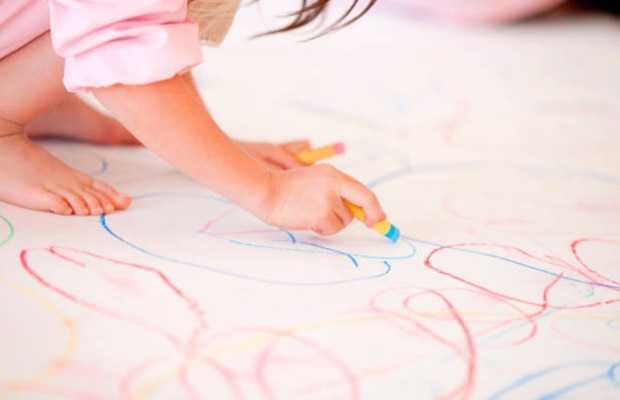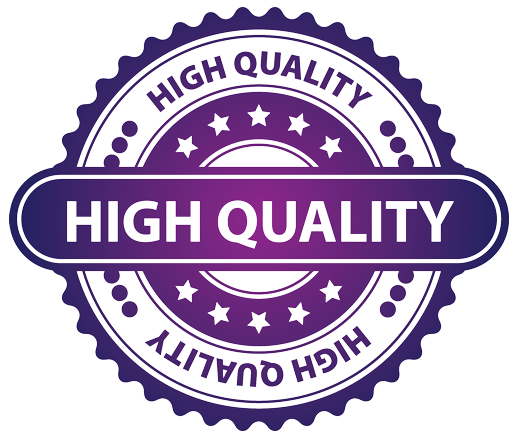Reggio Emilia Approach
The Reggio Emilia Approach was developed in Italy post World War II and is at the forefront of early childhood education.

It is a constantly evolving approach that bears influences from Montessori, Piaget, Vygotsky and theorists such as Bruner and Gardner. It fosters the belief that the child, parent, community and natural environment are all essential to the learning process. Reggio Emilia has strong roots within nature and focuses on a learning environment enriched with creative and sensory experiences as avenues for growth allowing every child to reach their true potential. The Reggio Emilia Approach is combined with the National and Victorian Early Years Learning Frameworks and the National Quality Standards to provide the very best standard of education and care. The Reggio Emilia Approach recognises that the early years are an integral stage of development and encompasses the following values to ensure that the very best learning experience is provided for each child:
1. The Image of the Child: Children are competent and capable learners
Children are viewed as active and valuable members of the wider community who are capable members of society. Each child has the natural ability to question, interpret and understand the world around them. The educational focus is on the individual strengths and needs of the child and children are always encouraged to explore, have opinions and provide suggestions.
2. The Environment as the Third Teacher
An integral element of the Reggio Emilia Approach is the physical environment and immediate surrounds. Driving this approach is the belief that if children are given beautiful and stimulating materials to work with, and allowed to work in an environment that is well organised and maintained, then they will in turn maintain and respect their own (and the broader) environment.
3. It Takes a Village to Raise a Child
Reggio Emilia was inspired by the strong emphasis on the importance of family and community and the belief it ‘takes a village to raise a child’. At our early learning centres, educators work closely with families and the community in order to provide the best possible education and care for every child. Families are encouraged to take an active role in the education process. Constant communication between the families, educators, children and other families are fundamental to this approach and creates a rich social environment for everyone involved.
4. Documentation: this is used to capture every child’s learning and determine future direction of programs
Educators capture individual children’s learning journeys using a variety of means including work samples, transcripts (where we capture the ‘voice of the child’) and photographs. These are clearly displayed within the centre and in individual portfolios in QK Journeys, allowing families to share the process and experience with their children. Documentation also allows educators to plan ongoing meaningful learning experiences for all children. You have access to your child’s online learning portfolio through the My Family Lounge - QK Journeys portal and app.
5. The 100 Languages of Children
We believe children have the right to express their ideas, thoughts, emotions and learning in a variety of ways. Educators offer a variety of rich opportunities for children to express themselves through art, dramatic play, music, and dance along with the ‘typical’ ways of communicating such as re-telling, creating stories, discussions and negotiations.
To find out more about how the Reggio Emilia approach is incorporated into everyday life at our early learnings centres, visit one of our beautiful centres or contact us for further information.
Join Our Community
Enrol Now